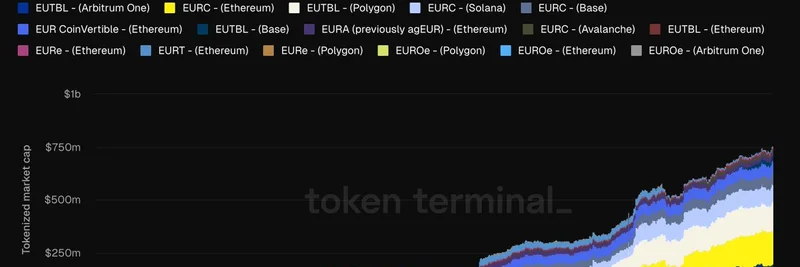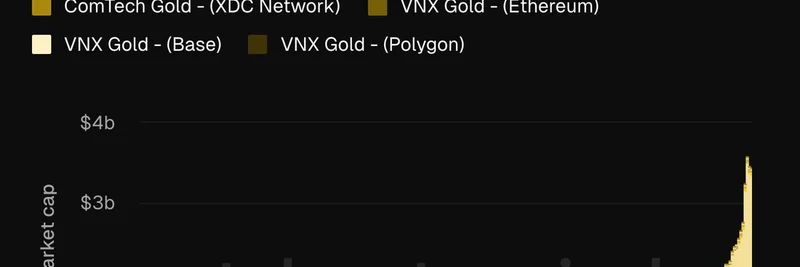In the fast-paced world of cryptocurrency, where meme tokens like those on Solana often steal the spotlight, discussions around regulation can feel like a battlefield. Everyone's got an opinion, but few cut through the noise like Armani Ferrante, the founder and CEO of Backpack, Mad Lads, and Anchor. In a recent tweet that's sparking conversations across the crypto community, Ferrante lays out a straightforward take on why regulation talk often misses the mark.
Ferrante kicks things off by pointing out a harsh reality: "Everyone talks about regulation because they want to kill their competitor." It's a bold statement, but if you've been in the crypto space long enough, it rings true. Think about it—big players lobbying for rules that favor their centralized models while squashing upstarts. But regulation, he argues, isn't meant for that. It's supposed to safeguard people and markets, not serve as a tool for special interest groups.
He dives deeper, criticizing generalized labels that dominate the debate. Words like "centralized" or "decentralized" get thrown around a lot, but Ferrante says they're not particularly helpful. Instead, what really matters is the risk a system creates or reduces. High-risk setups? They need more oversight. Low-risk ones? Ease up on the rules. It's a call to "don't fade common sense," urging the industry to adopt a nuanced, risk-based approach.
This perspective is especially relevant for meme token enthusiasts and blockchain practitioners. Meme coins, often built on decentralized protocols like Solana, thrive on innovation and community-driven hype. But without smart regulation, they can become hotbeds for scams or volatility that turns off newcomers. Ferrante's view aligns with protecting users—say, through better transparency in token launches—while allowing low-risk experiments to flourish. For instance, projects like Mad Lads, which blend NFTs with meme culture, could benefit from regulations that minimize rug pulls without stifling creativity.
The tweet has garnered plenty of engagement, with replies echoing the sentiment. One user notes that regulation should be "dynamic, adaptive, risk-based" to foster growth without self-interest creeping in. Another references how rules often favor incumbents, linking to a YouTube video for deeper context. Even questions arise, like whether regulators will ever shift to this risk-focused mindset instead of blanket bans.
As someone who's navigated the highs and lows of crypto journalism, I see Ferrante's words as a breath of fresh air. At Meme Insider, we're all about demystifying the latest in meme tokens and blockchain tech. This discussion highlights why understanding regulation is key for anyone building or investing in the space. It encourages us to push for policies that protect without punishing innovation.
If you're diving into meme tokens, keep an eye on how regulatory shifts could impact ecosystems like Solana. Tools like Backpack's exchange and app (check them out at Backpack Exchange and Backpack App) are designed with user safety in mind, embodying the low-risk principles Ferrante champions.
What's your take? Does a risk-based regulation make sense for the wild world of memes, or are we headed for more blanket rules? Drop your thoughts in the comments below, and stay tuned to Meme Insider for more insights on turning crypto knowledge into real-world gains.



, which I'll link in the article for more context.*** -tokenomics.webp)